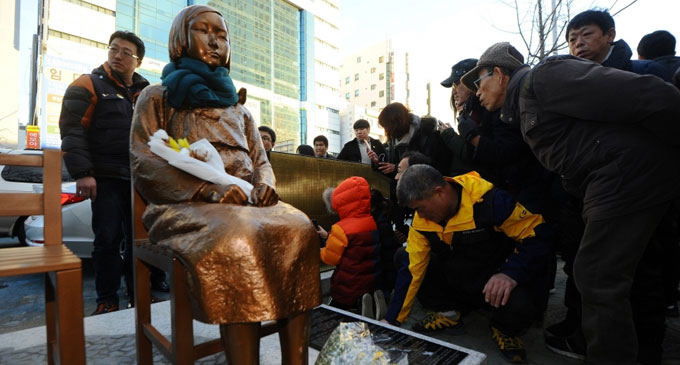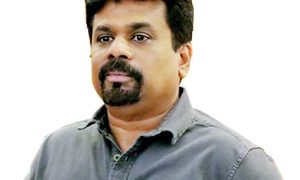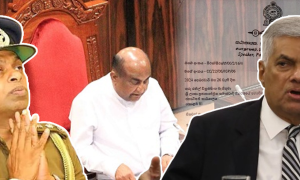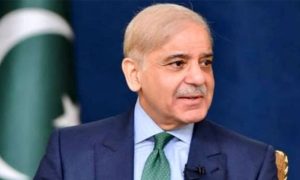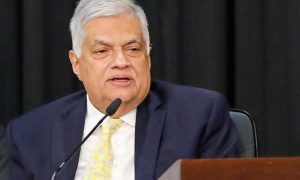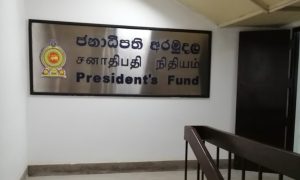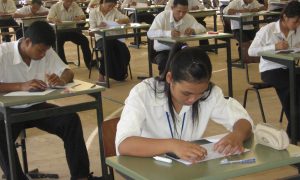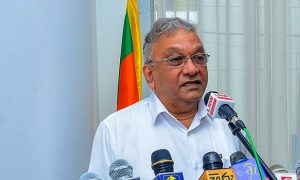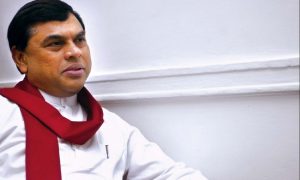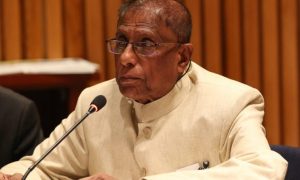(UDHAYAM, SEOL) – Japan is recalling its ambassador to South Korea, the latest sign that relations between two of the strongest U.S. allies in the Pacific have fallen back into acrimony after a landmark deal in December 2015.
Tokyo said it was responding to a civic group’s installation of a statue in front of the Japanese consulate in Busan, South Korea, commemorating women who were forced into sexual service for Japanese soldiers in World War II.
A South Korean civic group, the Committee of Youth for Erecting a Peace Monument, installed the “comfort woman” statue on Dec. 30 in protest against the 2015 deal. The statue is similar to one that another civic group, the Korean Council for the Women Drafted for Military Sexual Slavery by Japan, had erected in front of the Japanese Embassy in Seoul.
A day before the new statue’s erection, Japanese Defense Minister Tomomi Inada visited the Yasukuni Shrine in Tokyo, which honors Japan’s war dead, including convicted war criminals. Official appearances at the site routinely anger South Korea, whose foreign ministry last week called Ms. Inada’s visit “deplorable.”
Japan’s chief government spokesman, Yoshihide Suga, said the new statue would have a negative impact on relations between Japan and South Korea and violates the Vienna Convention, which defines a framework for diplomacy.
He said Tokyo would take several other retaliatory steps including postponing talks on currency cooperation.
South Korea called the Japanese move “extremely regrettable” and said it would continue striving to improve relations.
With U.S. prodding, the two nations agreed at the end of 2015 to what they described as a final and irrevocable settlement of issues involving the wartime “comfort women.” Japan apologized for their treatment, and in 2016 it supplied more than $8 million in government funds to support the handful of surviving women.
However, political turmoil in South Korea, capped by the impeachment of President Park Geun-hye in December, has contributed to unraveling the warmer ties.
Even before scandals involving Ms. Park emerged in the fall, the two nations disagreed about whether Seoul should forcibly remove the statue in front of the Japanese Embassy in Seoul. The issue has become more difficult because of the additional statue in Busan.
Busan authorities initially rejected a permit for the statue but reversed course after two days in response to local protests. Local officials declined to comment on Friday about the Japanese move.
The Obama administration has frequently found itself vexed by the frosty relations between South Korea and Japan, both of which host tens of thousands of U.S. troops. All three nations share an interest in halting North Korea’s development of nuclear weapons.
The conflict over the statue was discussed Thursday at a previously scheduled meeting in Washington between Deputy Secretary of State Tony Blinken and his Japanese and South Korean counterparts
U.S. officials said they urged restraint, and in remarks after the meeting, Japan’s Vice Foreign Minister Shinsuke Sugiyama and South Korea’s Vice Foreign Minister Lim Sung-namexchanged warm words.
The U.S. stressed ensuring that “political actions didn’t undermine their ability to cooperate fully on a bilateral and trilateral basis,” a U.S. official said, particularly at a moment when North Korea is posing an increasing challenge.
“At a time like this, it’s incumbent in particular on Japan, which has a strong and stable government, to exercise restraint and to resist the siren call of right-wing nationalists,” the official said.
President-elect Donald Trump has yet to describe his goals for the region in detail but tweeted Monday, “North Korea just stated that it is in the final stages of developing a nuclear weapon capable of reaching parts of the U.S. It won’t happen!” (WSJ)

